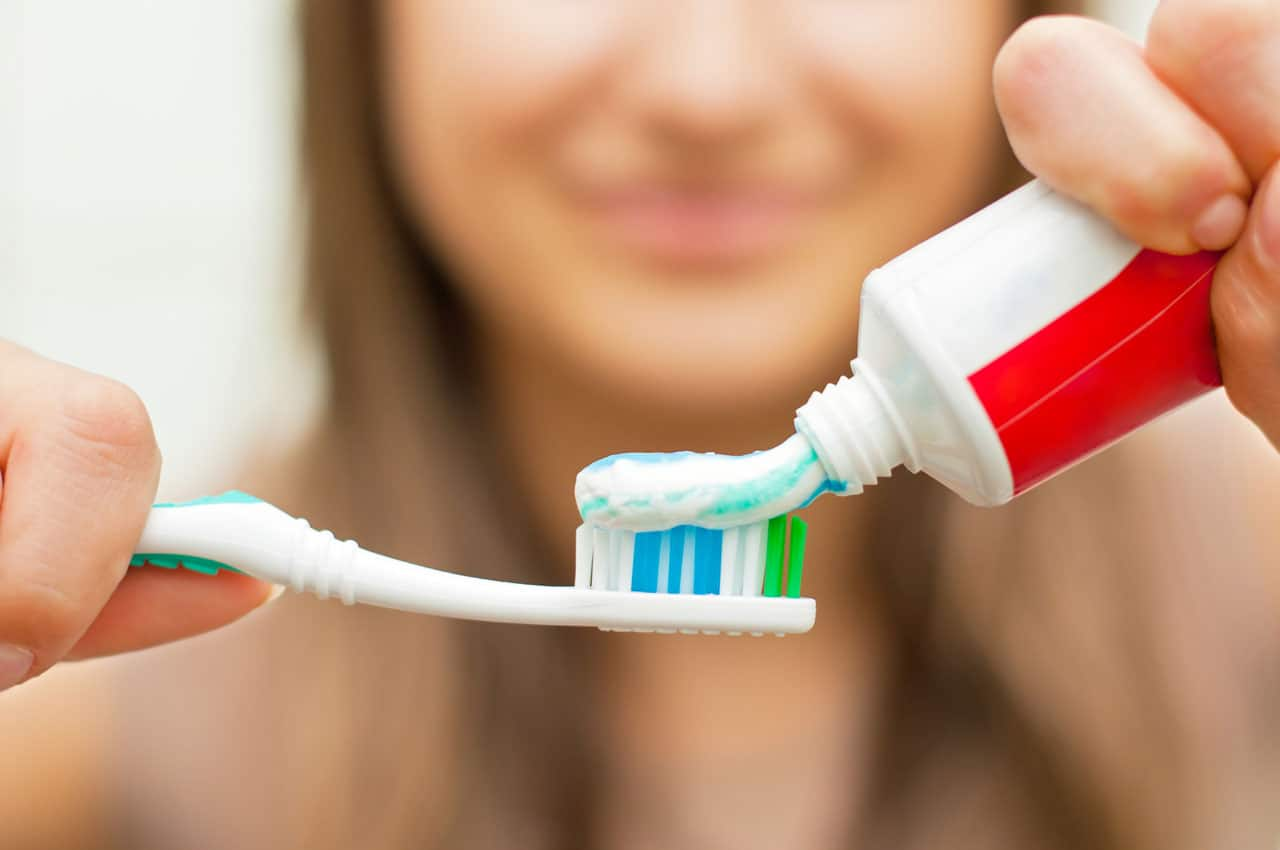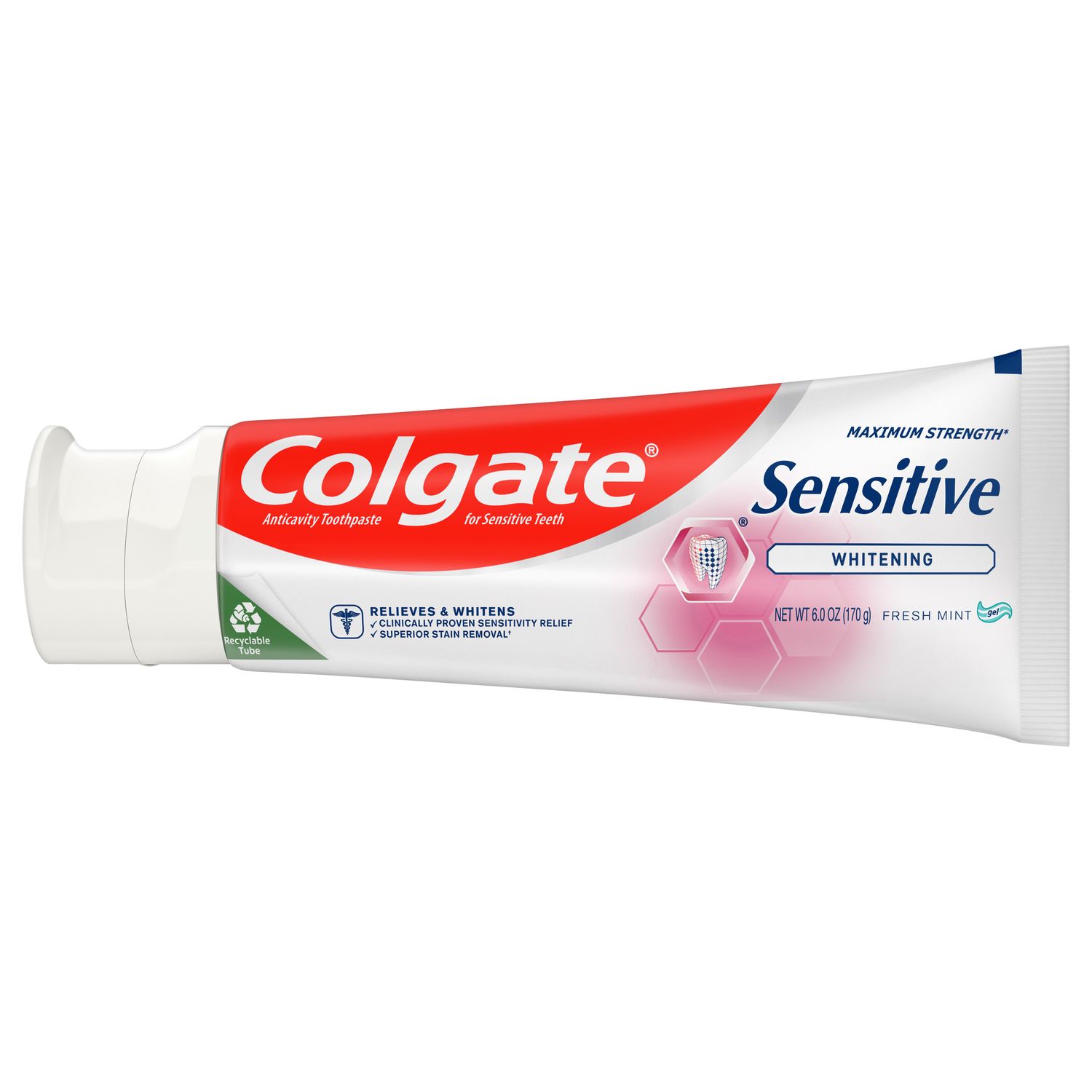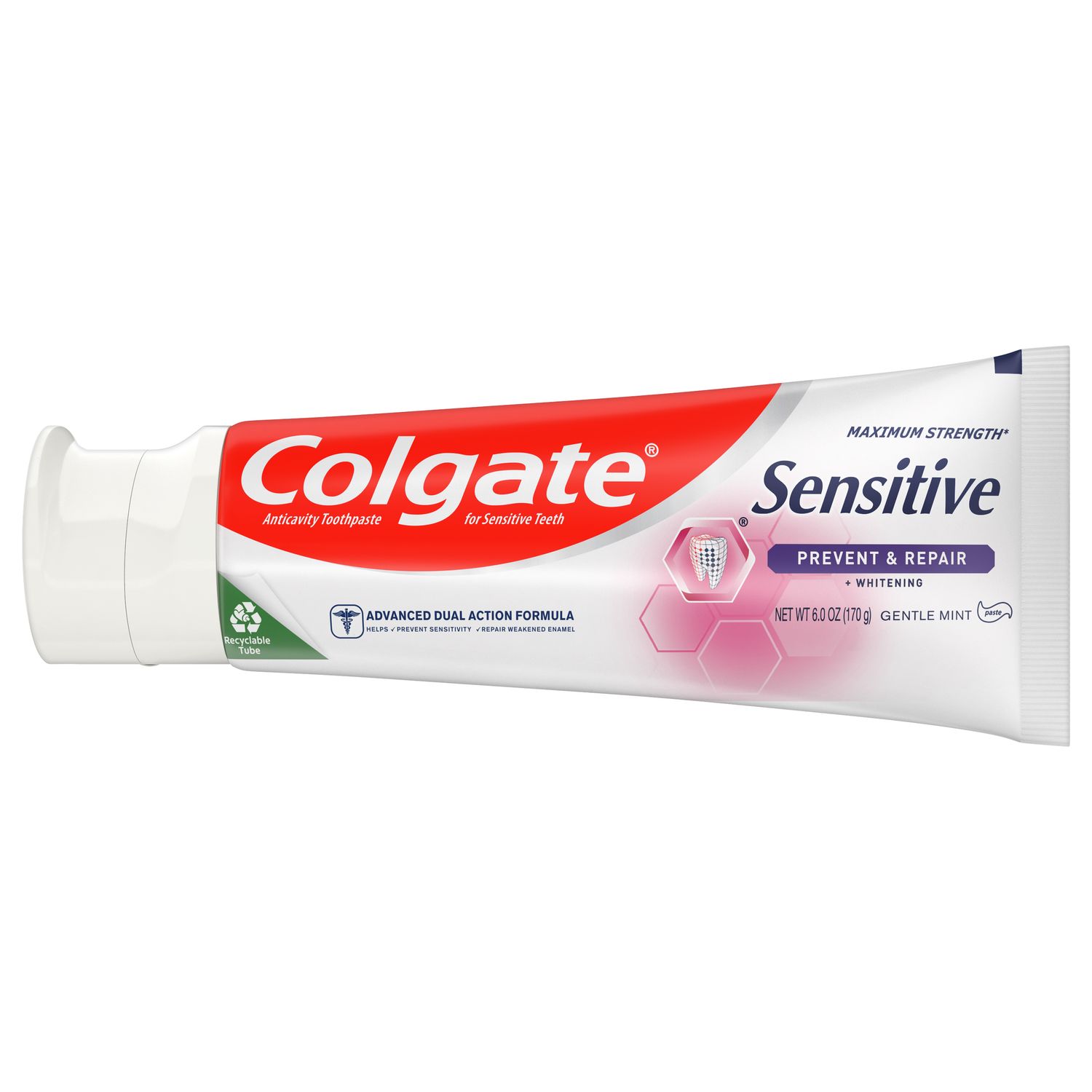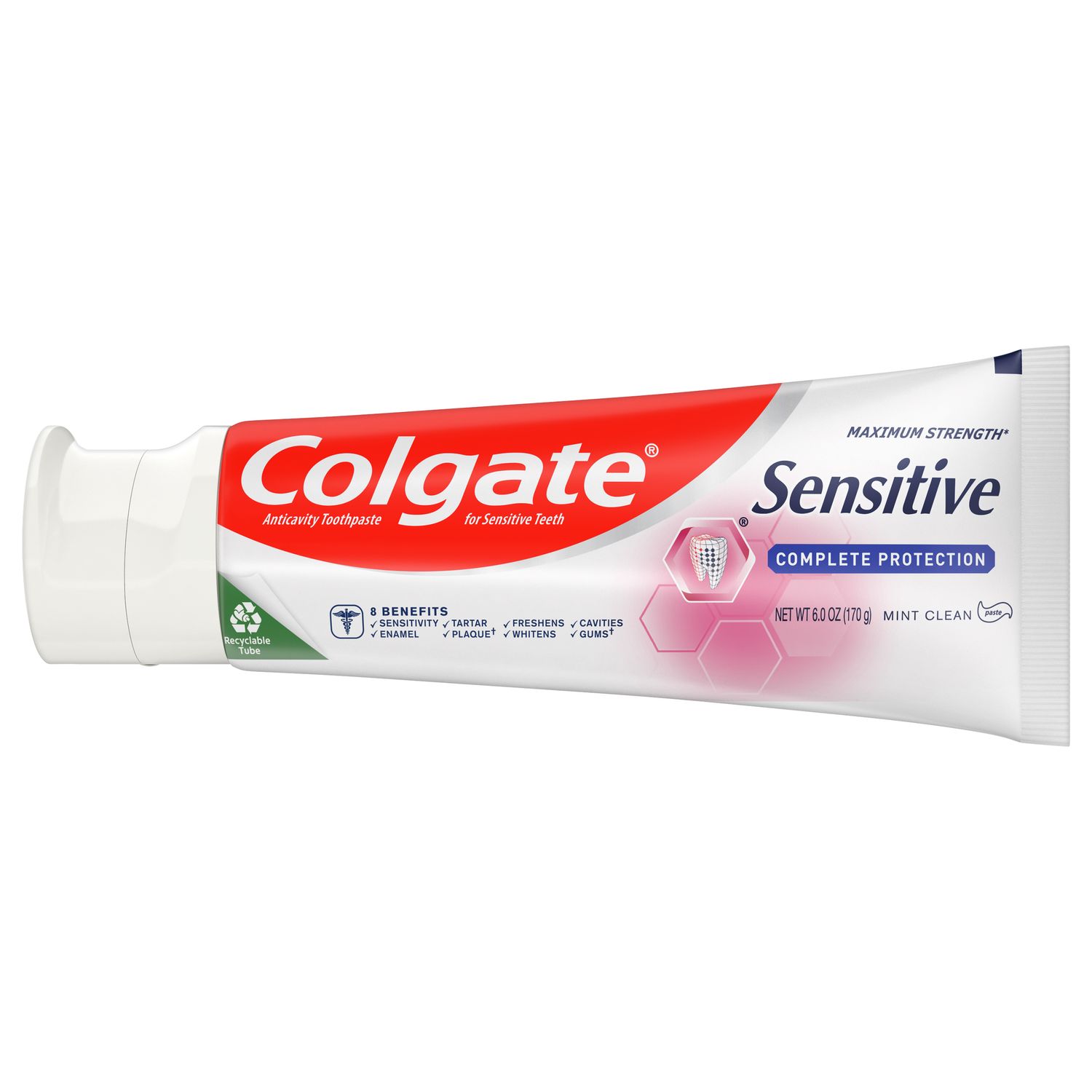What Causes Teeth to be Sensitive After Whitening?
Teeth can be sensitive after whitening treatments because most of them contain bleaching agents. These agents can make teeth more porous. While bleaching agents such as carbamide peroxide and hydrogen peroxide lift stains from your teeth, they may also remove minerals. This may expose the layer of the tooth below the enamel and irritate the microscopic dentinal tubules connected to the nerves of your teeth. These tubules allow you to feel sensations in your teeth when you chew. When exposed or irritated teeth become sensitive to stimuli such as hot and cold. Until minerals are restored to your teeth, you may experience teeth sensitivity after whitening. You can use fluoride toothpaste to replace minerals in your teeth.
How Long Does Teeth Sensitivity Last After Whitening?
It can last hours, days or weeks, depending on your overall health and the health of your teeth. Typically, it only lasts a couple of days. However, tooth sensitivity after whitening may last up to two weeks or longer. If your teeth have thinner or weakened enamel before whitening them, there is a higher risk of exposing the dentin and prolonged sensitivity after whitening. If you already have sensitive teeth and gums due to a weakened immune system, hormones during pregnancy or medication use, it could take more time to strengthen your teeth. Teeth whitening may not be for everyone. Check with your dental professional first to ask about your sensitivity risks to help determine how long your tooth sensitivity will last after whitening.
Does Tooth Sensitivity from Whitening Go Away?
Yes, it should go away as soon as the minerals in your dentin are restored and your teeth are stronger again. Since tooth sensitivity after whitening is caused by weakening your teeth, remineralizing them alleviates the pain. Be sure to use fluoride toothpaste which helps strengthen your enamel.
How to Stop Tooth Sensitivity After Whitening
To stop tooth sensitivity after whitening there are things you can do both before and after treatment to minimize your risks. Visit your dental professional to evaluate your enamel, history of teeth sensitivity and any health-related issues to determine which whitening products are right for you. Other tips you can try to help minimize or stop tooth sensitivity after whitening include:
1) Take Care When Brushing
This tip is pretty simple. To help avoid tooth sensitivity after whitening you should brush before you begin a whitening treatment. Do not brush after a treatment. Your enamel may be temporarily weakened. Brushing after you remove your strips or tooth whitening agent of choice will only irritate your teeth. A soft-bristled toothbrush can help if you must brush afterward and be sure to use fluoride to help restore minerals in your teeth.
2) Opt for Toothpaste
Sometimes, the best way to prevent tooth sensitivity after whitening may involve trying a different treatment. Whitening strips and trays have a pretty high concentration of hydrogen peroxide that can lead to sensitivity. Give whitening toothpaste a try. Most whitening toothpastes help to brighten your teeth, are more cost-effective, and won't create the level of sensitivity as strips or trays.
3) Follow the Instructions
Growing up, our parents always told us to read the directions. Well, you're all grown up now, so hopefully, that advice has stuck. If you're whitening your teeth at home but not using the whitening products correctly as directed, that's a problem. Keeping the whitening product on your teeth longer results in — you guessed it — sensitivity. And you'll notice most whitening treatments are designed for multiple days or weeks. So, when you whiten, it's for brief periods here and there. Which, again, means less tooth sensitivity after whitening.
4) Avoid Certain Foods
How long teeth sensitivity lasts after whitening can also depend on what you’re eating. The dentin is sensitive to certain stimuli. When you add teeth whitening to the equation this sensitivity to temperatures can increase. Try to stay clear of hot and cold drinks and foods that are acidic or high in sugar which irritate the dentin. The sensitivity may diminish with time and using a sensitivity product may help to relieve sensitivity associated with foods and beverages.
It's your call on how you decide to whiten your teeth. Good oral hygiene and implementing some new habits is one way to go. Over-the-counter products are another. If you find your whitening choice is causing sensitivity, these tips may help. A checkup with your dentist is always recommended. Plus, they can confirm your tooth sensitivity is, in fact, not linked to your lively personality.
This article is intended to promote understanding of and knowledge about general oral health topics. It is not intended to be a substitute for professional advice, diagnosis or treatment. Always seek the advice of your dentist or other qualified healthcare provider with any questions you may have regarding a medical condition or treatment.
ORAL HEALTH QUIZ
What's behind your smile?
Take our Oral Health assessment to get the most from your oral care routine
ORAL HEALTH QUIZ
What's behind your smile?
Take our Oral Health assessment to get the most from your oral care routine














